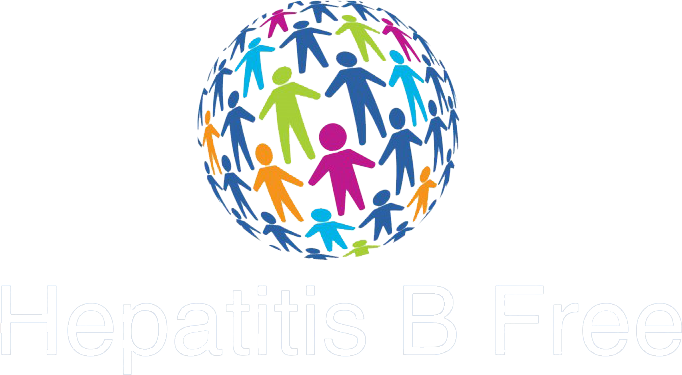We Now Have Hope: Treatment for HepB in the DPRK
This post has been adapted from “We Now Have Hope…” by Dr Alice Lee (as printed in the Christian Friends of Korea October 2016 Newsletter)
“The first woman we started on treatment in Kaesong has a young toddler at home. She was diagnosed with very advanced liver disease soon after delivery. She and her family had been waiting for the expected sad ending…After receiving medicine, she could not stop smiling – it was contagious. Her fate remains unknown, but what we do know is that now she has a real chance to see her daughter grow up, a chance to take her to her first day of school.”
Somewhere in the world, one person dies every minute from hepatitis B-related complications. Treatment with antiviral therapy such as tenofovir and entecavir reduces risk of death after five years from nearly 30% to about 5% in the sickest patients. Not only is this treatment life-saving, it brings health and a future for patients and those around them. Treatment can turn a death sentence into a treatable condition.
In September, 2016, the first round of treatment was rolled out to the sickest patients living with hepatitis B in North Korea. The prevalence of hepatitis B in DPRK is likely to be high, but no accurate data is available. Until now, no treatment for hepatitis B has been available for these people.
Now there is new hope. For the very first time, people living with hepatitis B in DPRK will be able to receive life-saving treatment. This has been made possible by a treatment program developed by Hepatitis B Free, working in close partnership with Christian Friends of Korea (CFK) and the Ministry of Public Health in DPRK. The program has started in two locations: the capital city, Pyongyang, and another city about 175 km away known as Kaesong.
It is difficult to summarise the months of dialogue, planning and hoping that various elements of logistics, partnerships and geopolitical conditions would come together to make this work. This has been the work of many people, across different countries, cultures and professions.
Dr Alice Lee, the Co-Founder of Hepatitis B Free and Director of the CFK Hepatitis B Project, first visited DPRK with CFK in March 2014. She was taken aback by the request for antiviral therapy, the treatment for hepatitis B. Most hospitals were lacking in reliable access to water and power; other basic infrastructure was limited. Whilst many of the local health staff were highly motivated, considering the substantial resource needs and sociopolitical barriers, treatment seemed impossible.
Since then, there have been multiple visits in-country to build partnership and understanding of local issues. A screening and vaccination program was offered with little local uptake; if they couldn’t receive treatment, what good would it be to know if they were infected or not? Over that time, Dr Lee encountered several patients, including a young boy with severe liver disease, whose experiences and suffering spoke to her of the devastating nature of hepatitis B in DPRK and the need for something to be done.
Just over two years after that first visit, the first batch of medications arrived in DPRK in mid-2016. There had been much work leading up to this; many patients were seen in the preceding visits for treatment prioritization. Laboratory renovations including equipment and training has been possible through collaboration with CFK, Global Care Partners and many other generous donors and volunteers.
In September, teams from Hepatitis B Free, CFK and Global Care Partners travelled to DPRK and the first patients at Pyongyang and Kaesong received treatment. The clinic in Pyongyang ran smoothly. Although the patients were very unwell, they were full of joy and hope. And it wasn’t only the patients who were joyful – the local physicians also shared in the celebration. Working in very difficult conditions, these physicians care deeply for their patients and advocate strongly for them. They too, want to see their patients on treatment and getting better. The journey is only just beginning.
Christian Friends of Korea (CFK) is a non-profit organisation based in the United States that has been delivering humanitarian aid to DPRK since 1995. CFK’s initiatives are focused mainly in the healthcare sector, and include clean water, sustainable power, food security, renovations, technical training, advanced TB and clinical diagnostics, and capacity building.
